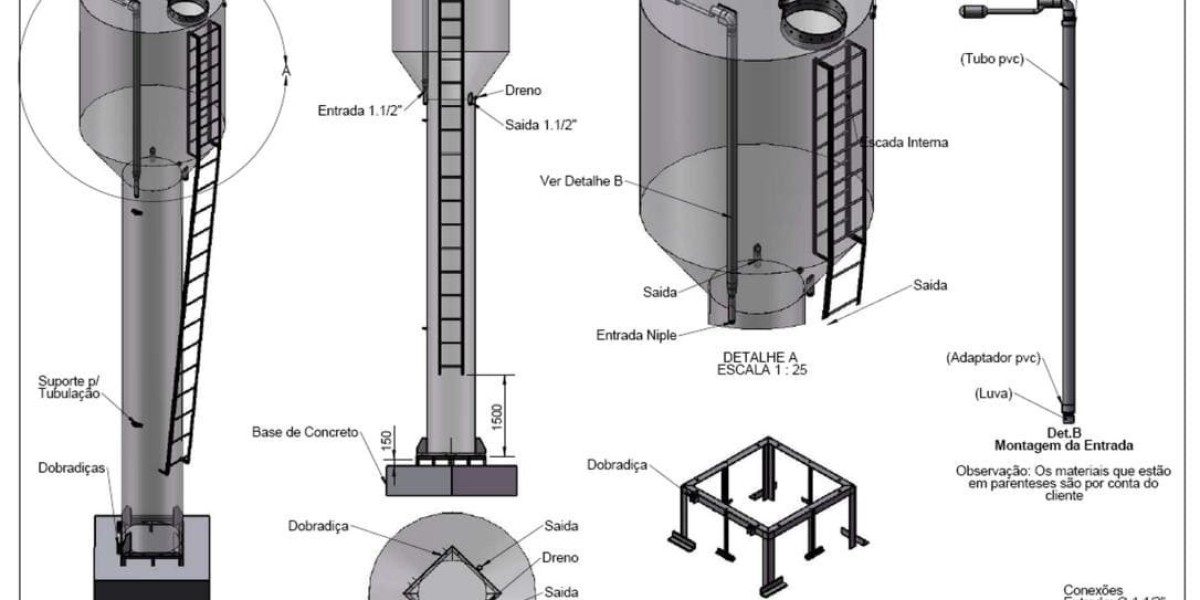Non Emergency Medical Transportation (NEMT) is a crucial service that helps individuals who face challenges with mobility or do not have access to personal or public transportation get to their healthcare appointments. Whether it’s routine doctor visits, physical therapy, dialysis, chemotherapy, or other medical treatments, NEMT provides essential support to people who need assistance getting to medical facilities but do not require emergency care. It’s an essential service for individuals with disabilities, the elderly, and those recovering from surgery or illness.
What is Non-Emergency Medical Transportation?
Non-Emergency Medical Transportation (NEMT) refers to transportation services provided to individuals who need to get to medical appointments but are not in an emergency situation. These services are designed for individuals who cannot drive themselves or use public transportation due to physical or cognitive limitations. NEMT can include various types of transport, such as ambulatory services for those who can walk, wheelchair-accessible vehicles for those with mobility challenges, or stretcher transport for individuals who need to remain lying down during the ride.
NEMT services are vital for ensuring that individuals maintain access to consistent medical care. Many people who have chronic conditions, disabilities, or limited mobility rely on NEMT services to reach their healthcare providers, reducing the risk of missed appointments and preventing unnecessary health complications.
Who Needs NEMT Services?
Elderly Individuals
Older adults often experience age-related health issues like arthritis, reduced mobility, and vision impairments, which can make it difficult to use regular transportation. NEMT services help them access medical appointments and treatments without the need for driving.People with Disabilities
Individuals with physical or cognitive disabilities often require specialized transportation to get to medical appointments. Whether it’s due to a mobility device like a wheelchair or a cognitive condition that makes travel challenging, NEMT ensures safe, reliable transport.Patients with Chronic Illnesses
People with ongoing health conditions, such as heart disease, diabetes, or kidney failure, often need frequent doctor visits and treatments. NEMT helps ensure they can attend these appointments without missing crucial care.Post-Surgery Patients
After surgery, patients may have difficulty getting around or driving themselves to follow-up appointments. NEMT services provide a safe and comfortable way to transport these individuals to medical visits.Pregnant Women with Health Complications
Women with high-risk pregnancies or health complications may require frequent medical visits. NEMT can offer a safe and convenient way to travel to appointments, providing peace of mind for expectant mothers.
Types of NEMT Services
Wheelchair-Accessible Vehicles (WAVs)
Wheelchair-accessible vehicles are equipped with lifts or ramps to allow passengers in wheelchairs or other mobility devices to board easily. These vehicles also have secure tie-down systems to keep the wheelchair in place during travel, ensuring the patient’s safety.Ambulatory Services
Ambulatory services are for patients who are able to walk but need assistance getting in and out of the vehicle. This service is suitable for individuals who don’t need a wheelchair but may require support due to limited stamina or mobility challenges.Stretcher Transportation
Stretcher transportation is designed for individuals who need to lie down during travel. This is typically required for patients recovering from surgery, experiencing severe illness, or undergoing certain medical procedures. Specialized vehicles are used for transporting patients on stretchers to ensure safety and comfort.Medical Escort Services
Medical escort services involve a trained healthcare professional who accompanies the patient during the trip. This may be necessary for patients who require medical monitoring or assistance during the journey, ensuring their health needs are met during transport.Dialysis Transportation
Dialysis patients often need regular treatments and require transportation to and from dialysis centers. NEMT services ensure that these patients get to their sessions safely and on time, preventing delays in their life-saving treatment.
Benefits of NEMT
Improved Access to Healthcare
NEMT ensures that individuals with mobility limitations or without reliable transportation can access medical care. This is particularly important for people with chronic health conditions, disabilities, or the elderly, who rely on consistent medical visits to manage their health.Comfort and Safety
NEMT services are designed with the patient’s comfort and safety in mind. Whether it’s a wheelchair-accessible vehicle or a stretcher transport, NEMT vehicles are equipped with features to provide a secure and comfortable ride for those in need.Reliable and Timely Service
NEMT providers aim to ensure that patients arrive at their medical appointments on time. These services are scheduled in advance to meet the specific needs of patients, ensuring they don’t miss crucial treatments or check-ups.Reduced Stress for Patients and Caregivers
NEMT reduces the stress of coordinating transportation, especially for family members or caregivers who may not be able to provide daily support. By relying on NEMT services, patients and their loved ones can focus on other aspects of care.Cost-Effective Option for Transportation
NEMT services are often more affordable than alternatives like taxis or private cars. In many cases, health insurance providers, including Medicaid and Medicare, cover the cost of NEMT services, making them accessible to those who need them most.
How Does NEMT Work?
Booking the Service
NEMT services are typically scheduled in advance. Patients or caregivers can book transportation through NEMT providers online, by phone, or through a healthcare provider’s office. It’s best to schedule as early as possible to ensure availability, especially for appointments with specific time slots.Eligibility for Coverage
Many insurance plans, including Medicaid, Medicare, and private health insurance, may cover NEMT services for eligible individuals. It’s important to check with the insurance provider to determine if the patient qualifies for coverage.Pick-Up and Transport
Once scheduled, a NEMT provider will pick up the patient at their home or another location and transport them to their medical appointment. Depending on the service needed, the driver may assist the patient with getting into the vehicle, securing mobility aids, and ensuring their safety during the ride.Arrival and Drop-Off
Upon arrival at the medical facility, the driver or escort will assist the patient in disembarking and ensure they safely enter the medical facility. After the appointment, the NEMT provider will transport the patient back to their home or another designated location.
How to Choose the Right NEMT Provider
Assess Services Offered
It’s important to choose a provider that offers the services you need, such as wheelchair-accessible vehicles, stretcher transportation, or medical escort services. Make sure the provider has the right equipment and expertise to accommodate the patient’s specific needs.Check for Licensing and Accreditation
Verify that the NEMT provider is licensed and accredited by the relevant authorities. This ensures the provider meets safety standards and is compliant with regulations.Evaluate Experience and Reliability
Choose a provider with experience in handling medical transportation and a reputation for reliability. Look for feedback from other customers to get an idea of the quality of service they offer.Confirm Insurance Coverage
Make sure that your insurance plan covers the cost of NEMT services. Many Medicaid and Medicare programs cover these services, but it’s important to check the details of your plan.
Conclusion
Non-Emergency Medical Transportation (NEMT) is an essential service that ensures individuals with mobility issues or medical conditions can continue to access necessary healthcare. By providing safe, comfortable, and reliable transportation to and from medical appointments, NEMT services help reduce the barriers to care that many people face. Whether it’s a routine check-up, dialysis, or rehabilitation appointment, NEMT plays a critical role in supporting individuals’ health and well-being. If you or a loved one needs transportation for medical visits, exploring NEMT options can help ensure that healthcare remains accessible and timely.


